By Lily Sheridan Power, Second Year Anthropology
The Croft Magazine // As part of our series leading up to International Women's Day on the 8th March, we have taken a look at 10 women from history who might've been forgotten.
Women from all corners of the globe have contributed an incomprehensible amount of knowledge, discovery, and talent in every field throughout history. Unfortunately, not every woman receives the credit and recognition they deserve. This is why for this International Women’s Day I am dedicated to acknowledging the influential women and girls who permanently changed history, but who we might not recognise.
I have compiled a list of just some of the names of women who won’t be found in your history textbooks, but should not be forgotten.
1. Shirley Chisholm
Shirley Chisholm made history in 1968 by becoming the United States’ first African American congresswoman, beginning the first of seven terms in the House of Representatives. Chisholm was one of the founding members of the Congressional Black Caucus and helped champion minority education and employment opportunities throughout her time in Congress. In 1972, she became the first major-party Black candidate and second woman to make a bid for the U.S presidency.
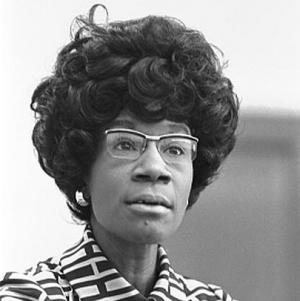
2. Dr. Mae Jemison
Dr. Mae Jemison, in 1992, became the first ever Black woman astronaut to travel into space. Today, she’s a doctor, former Peace Corps officer, and engineer. According to Space.com, Jemison is leading the Defence Advanced Research Projects Agency's 100-Year Starship program, which aims to send human beings outside of our solar system within the next century.

3. Cecilia Payne
Cecilia Payne showed that the stars were composed primarily of hydrogen and helium in the 1920s. It had been thought that the sun, stars, and Earth were made of similar materials. Astronomers at the time did not believe her and refused to publish her findings. Later, when they discovered she was right, the famous astronomer Otto Struve called her work “undoubtedly the most brilliant Ph.D. thesis ever written in astronomy”. Despite her obvious intelligence, Payne spent most of her life working as a technical assistant, though she later became a professor and the first woman to head a department at Harvard.
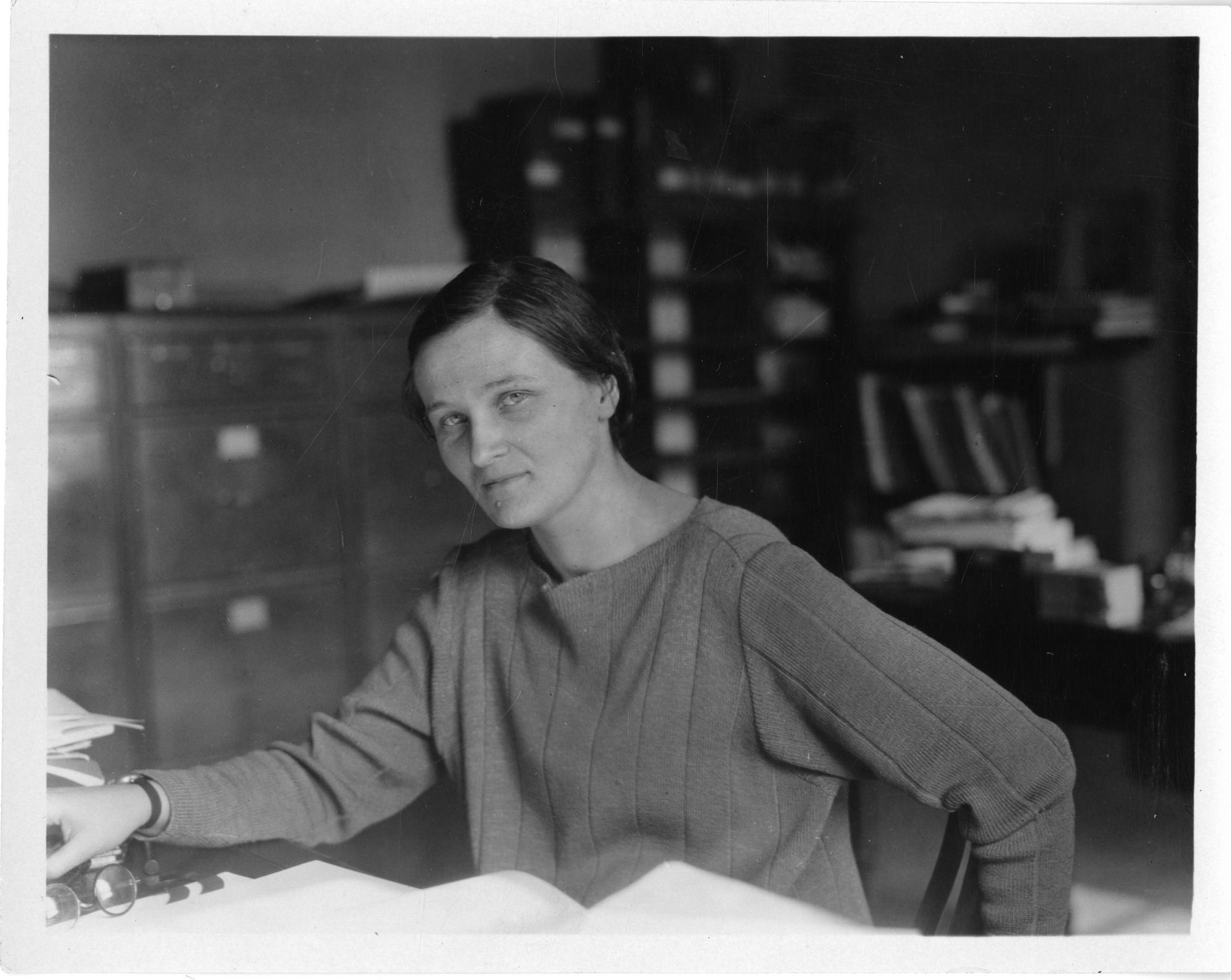
4. Mary McLeod Bethune
Mary McLeod Bethune was one of the most important civil rights advocates of the 20th century. In 1904, she founded a boarding school for African American students in Florida and made herself the first woman to start a historical Black college and university. Bethune was an activist for voting rights, leading voter registration drives despite the risk of racist attacks. She was later appointed as director of Negro Affairs of the National Youth Administration by Franklin. D Roosevelt, a title that made her the highest-ranking Black woman to hold political office at the time. Bethune was also the only woman of colour to attend the founding conference of the United Nations.
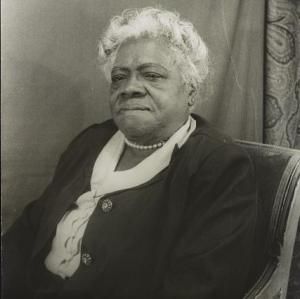
5. Florence Griffith Joyner
Florence ‘Flo-Jo’ Griffith Joyner became a household name leading up to and during the 1988 Summer Games in Seoul, South Korea. She is still considered the fastest woman of all time for the records she set for the 100-meter and the 200-meter dashes in 1988. The “world’s fastest woman” had a range of talents off the track, excelling in the fields of fashion, writing, sportscasting and acting. Griffith Joyner was appointed as co-chair of the President’s Council on Physical Fitness and Sports.
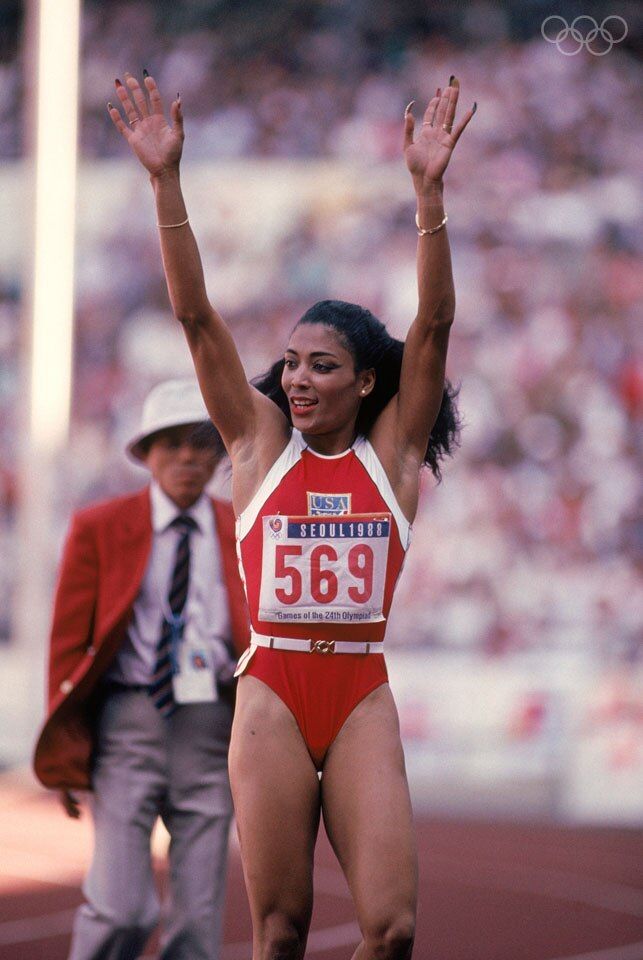
6. Lois Jenson
Lois Jenson in 1988 sued her employer, Eveleth Mines, for sexual harassment. Jenson and three other women, who were the first female employees at Eveleth Mines, endured all kinds of harassment including groping, violent language, and stalking for 10 years despite reports to management. When Jenson filed the lawsuit, it lingered in various courts for 15 years. After appealing the initial verdict, the women settled for $3.5 million. Despite little legal success, the case was the first of its kind for sexual harassment and set a precedent for women fighting to see justice for sexual misconduct in the workplace.
| Going into employment as a woman
7. Rosie Marie McCoy
Rosie Marie McCoy’s name may not ring a bell, but you’ve definitely heard her music. She wrote over 850 songs for various artists including Elvis Presley, James Brown and Nat King Cole. McCoy was one of the most influential voices in the music industry at the time, yet most people do not know she existed. Besides receiving limited public recognition, her contributions to music can still be heard in songs today.
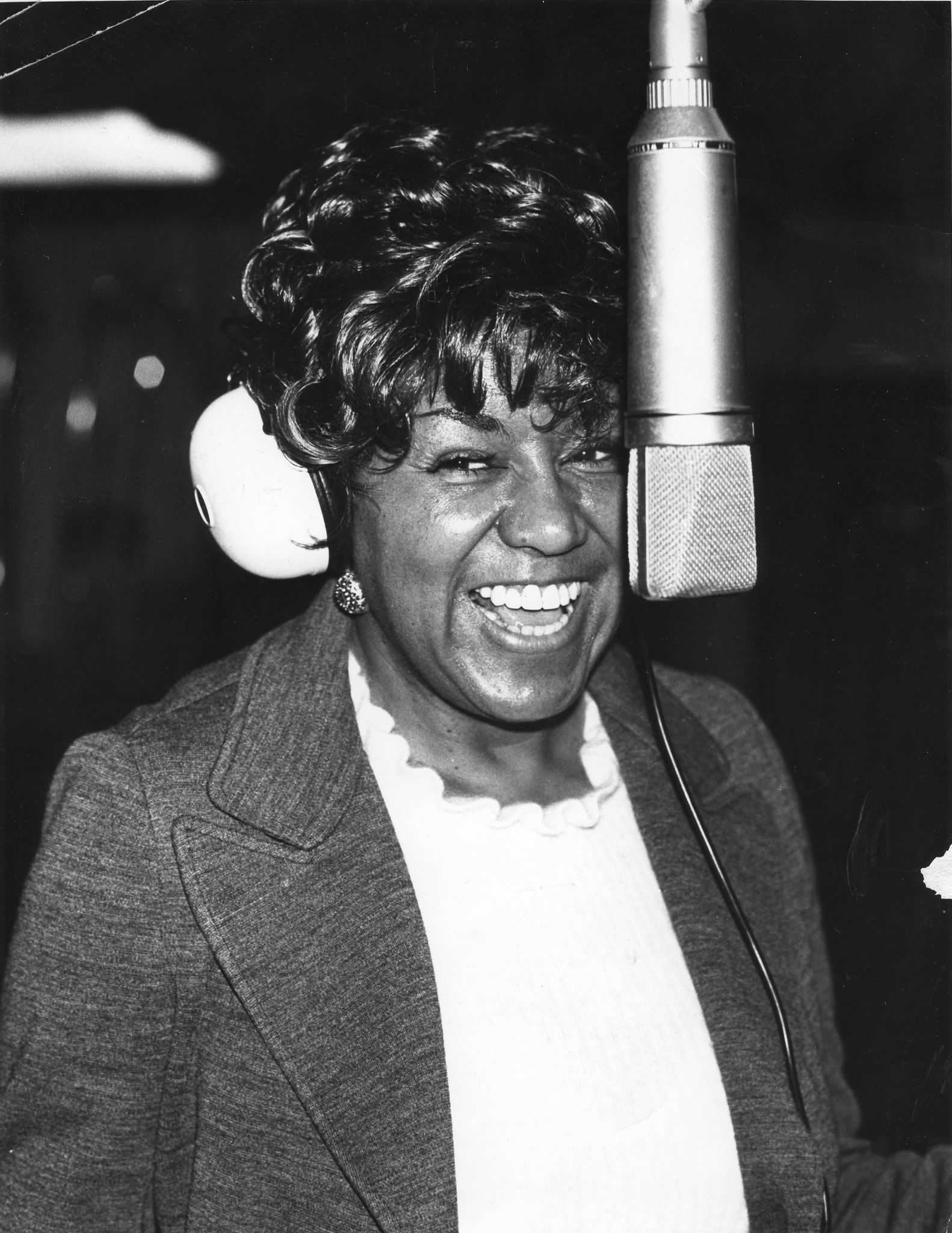
8. Zubaydah, The Empress
Zubaydah was one of the wealthiest and most powerful women of her time (ad. 831). Renowned for generosity, she saw about the building of wells and guesthouses along the route to Mecca to ease the journey for pilgrims. Zubaydah was also responsible for the building of an underground aqueduct from a spring running into Mecca to supply the pilgrims with a constant source of water. She was also known for her sharp intellect and eloquence.
| Growing up as a woman surrounded by boys
9. Sylvia Rivera
Sylvia Rivera, a Venezuelan-Puerto Rican trans woman, was one of the first LGBTQ+ activists. Rivera’s activism began in 1970 after she joined the Gay Activists Alliance at 18 years old, where she fought not only for gay rights but also for the inclusion of drag queens in the movement. She launched the Street Transvestite Action Revolutionaries (STAR) organization in 1970, which helped provide aid and shelter for trans people living in New York City. The Sylvia Rivera Law Project was named in her honour.
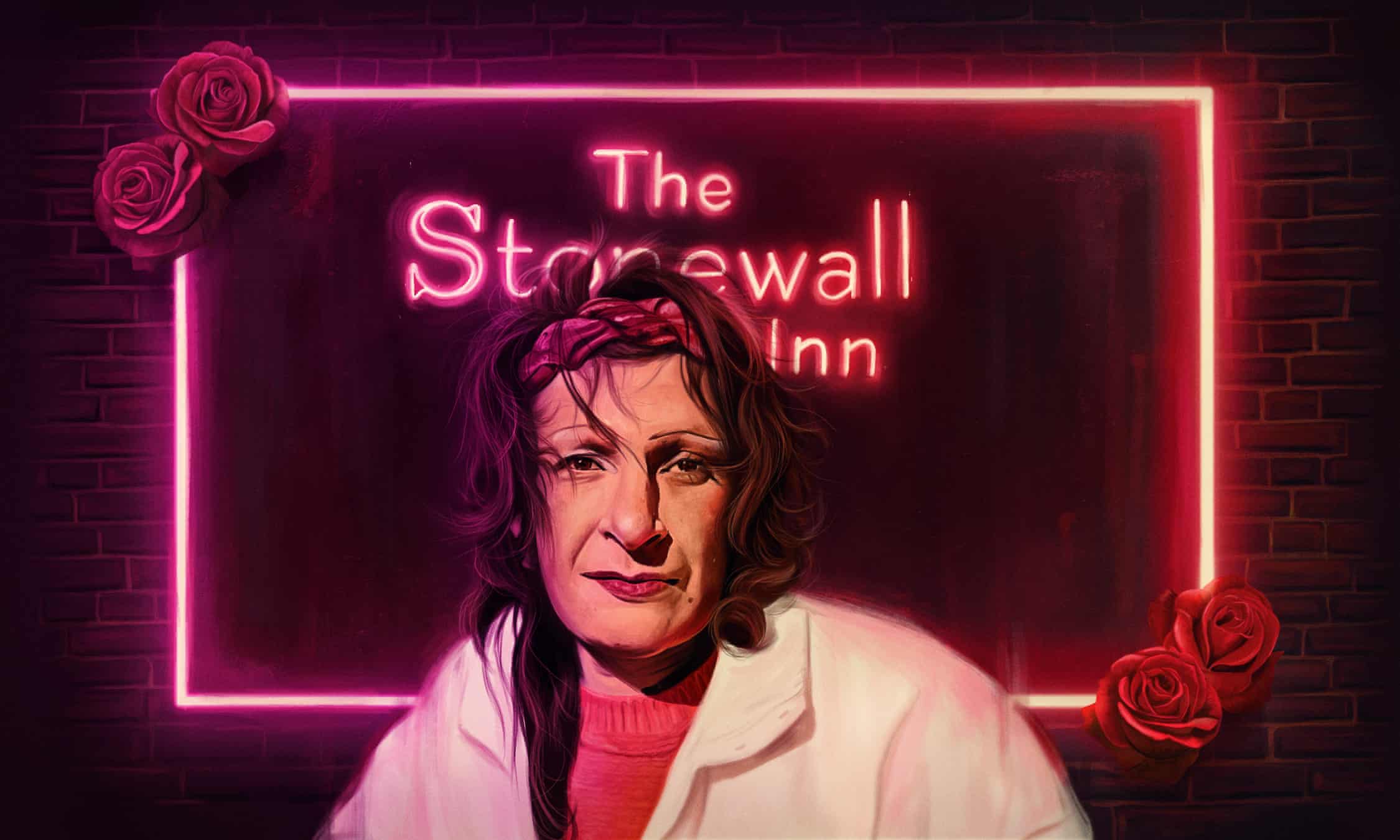
10. Patsy Takemoto Mink
Patsy Takemoto Mink was the first woman of colour and the first Asian-American woman to be elected for the United States Congress. Mink introduced the first comprehensive Early Childhood Education Act and authored the Women’s Educational Equity Act. These were landmark laws by Congress, as they helped advance equal rights in America beyond what thought possible at the time. She also co-authored the Title IX Amendment of the Higher Education Amendment that prohibits gender discrimination by federally funded institutions.
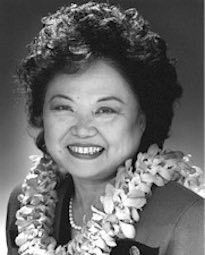
Featured: Space / Mae Jemison
Find The Croft Magazine inside every copy of Epigram Newspaper









